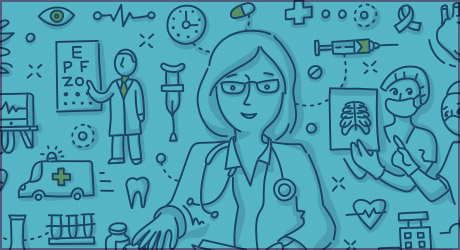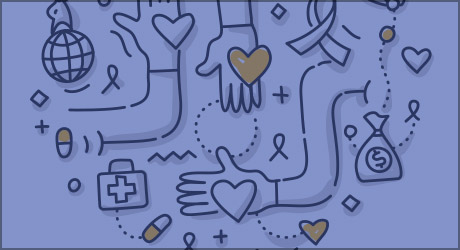
Why Choose Us?
We understand that experiencing potential heart-related symptoms can be concerning, especially when the cause isn't immediately clear. At Cedar Park Regional Medical Center, we are committed to getting to the heart of the matter by offering a wide range of cardiac services—from screenings and evaluations to helping you adopt a heart-healthy lifestyle and improve your overall well-being. The heart and vascular team includes multi-specialty cardiac professionals dedicated to providing quality cardiovascular care right here in Cedar Park, Texas.
As a Primary Stroke Center, we follow established best practices in heart care to ensure our patients receive accurate diagnoses and effective treatment plans. Our advanced diagnostic and imaging capabilities allow us to detect heart disease early—when intervention is most effective. If critical heart care is needed, we focus on timely treatment to minimize heart damage, reduce disruption to your life and provide personalized guidance on the best course of action for your heart health.
Our facilities include interventional cardiology suites equipped with technology to support the diagnosis and treatment of various cardiac conditions. These suites allow us to perform procedures such as diagnostic catheterizations and stenting. We also offer electrophysiology services for the treatment of arrhythmias, including atrial fibrillation (AFib).
Our Distinctions:
- Level IV Trauma Designation
- STEMI Receiving Center
- Primary Stroke Center
Our Services Include:
- Arterial blood gas (ABG) testing
- Cardiac calcium scoring
- Cardiac catheterization lab
- Cardiac stress testing
- Cardiac screening & evaluation
- Cardioversion
- Chronic obstructive pulmonary disease (COPD) & asthma management
- Diagnostic & interventional cardiac procedures
- Electrophysiology
- Holter monitoring (24 & 48 hour)
- Pulmonary function testing
- Nuclear/chemical stress testing
- Pacemaker & AICD implants
- Stress echocardiogram
- Stress testing
Heart Healthy Resources

A Woman’s Risk for Heart Disease is Different: Here’s What You Need to Know
Heart disease is a big issue in the United States for both men and women alike. But some risk factors are more unique to women.
Read more »

Is High Blood Pressure Considered Heart Disease?
Finding out you have high blood pressure can be worrisome if you aren’t sure what your numbers mean or what to do about them. Discover how high blood pressure affects your heart.
Read more »

How Does Smoking Affect Your Heart?
Smoking’s impact reaches far beyond your lungs, harming nearly every other organ in the body. Get the specifics on how smoking can influence your heart’s health.
Read more »

Why Your Heart Wants You to Pay Attention to Your Cholesterol
Your liver makes cholesterol in your body, but you also get cholesterol from eating certain foods. Find out how the wrong kind of cholesterol can impact your heart.
Read more »